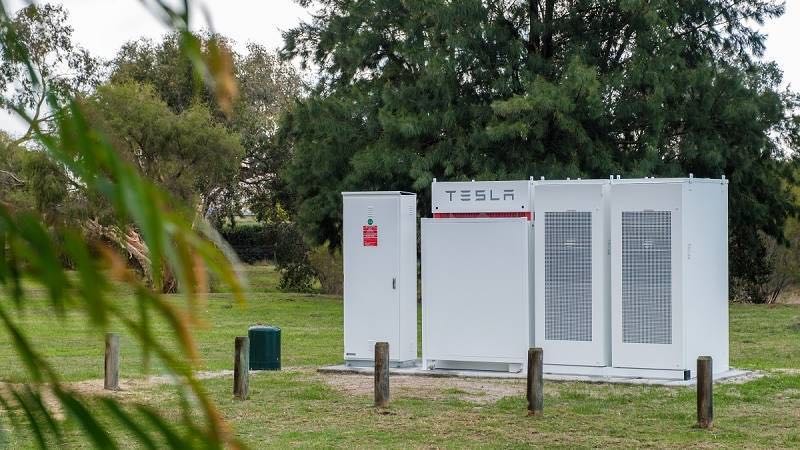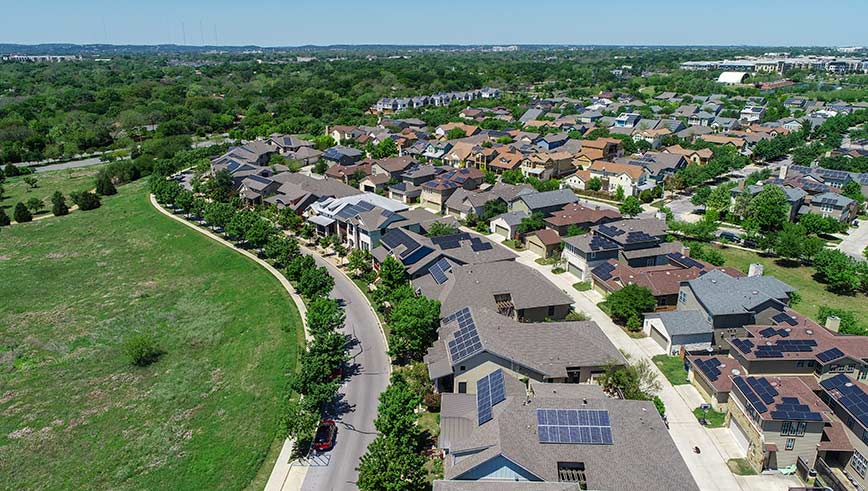

A series of community-scale batteries will be installed across the inner-city suburbs of Melbourne, in a joint venture between local network distribution company CitiPower and the not-for-profit Yarra Energy Foundation.
The project, which is currently in its first phase of modelling and planning, aims to develop and roll out a “new” model of community battery ownership that will provide customer, community and network benefits, including acting as a “solar sponge” in areas of high rooftop PV uptake.
On the customer side of the equation, the newly announced project will help to overcome one of the key barriers to home battery uptake in Australia – prohibitive cost.
“Shared batteries are a smart solution to give households and businesses reliable and affordable energy when they need it,” said Yarra Energy Foundation CEO Dean Kline in a statement on Tuesday.
For the network, said Kline, the shared battery network would work absorb excess rooftop PV generation during the day and release it during peak times and at night, offering a grid balancing service that would also deliver benefits to the broader community, in terms of grid and price stability.
For Australian network companies, finding ways to manage the rapidly growing share of rooftop-generated solar power has become a race against time, particularly in hotspots like Western Australia and South Australia, the latter of which has seen solar provide more than 100 per cent of local demand.
CitiPower says the penetration of rooftop solar on its Melbourne low-voltage network is currently relatively low, at around 5% of 332,000 customers, but was expected to reach 24% by 2026.
“With this renewable energy source growing it is a good time to be investigating the potential for connecting batteries to support the whole community,” said CitiPower’s general manager of electricity networks, Mark Clarke.
“By sharing the batteries, customers can make the most of their investment in solar. It benefits all CitiPower customers, even if they don’t have rooftop solar, as batteries help reduce the cost of building network capacity to accommodate more power and manage localised peak demand, particularly in summer.”
The first battery is expected to be trialed later in 2021. Financial modelling has commenced and the project has already received interest from investors.
The project is said to be a first for Victoria, but a similar community battery program has been rolled out in Western Australia as part of a state government bid to improve the electricity supply to parts of the Western Power grid without adding more poles and wires while also offering virtual home energy storage.

Sophie is editor of One Step Off The Grid and editor of its sister site, Renew Economy. Sophie has been writing about clean energy for more than a decade.

